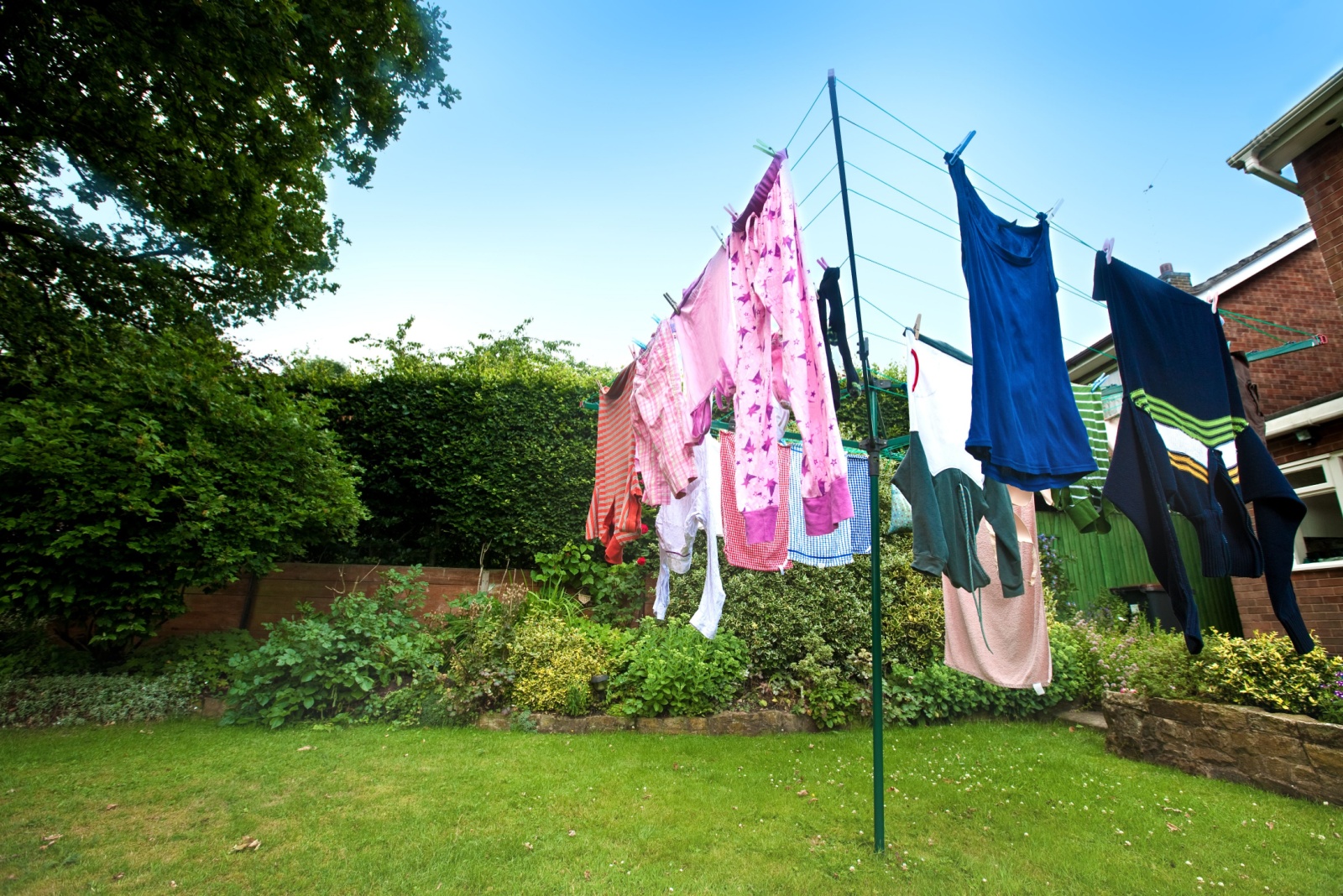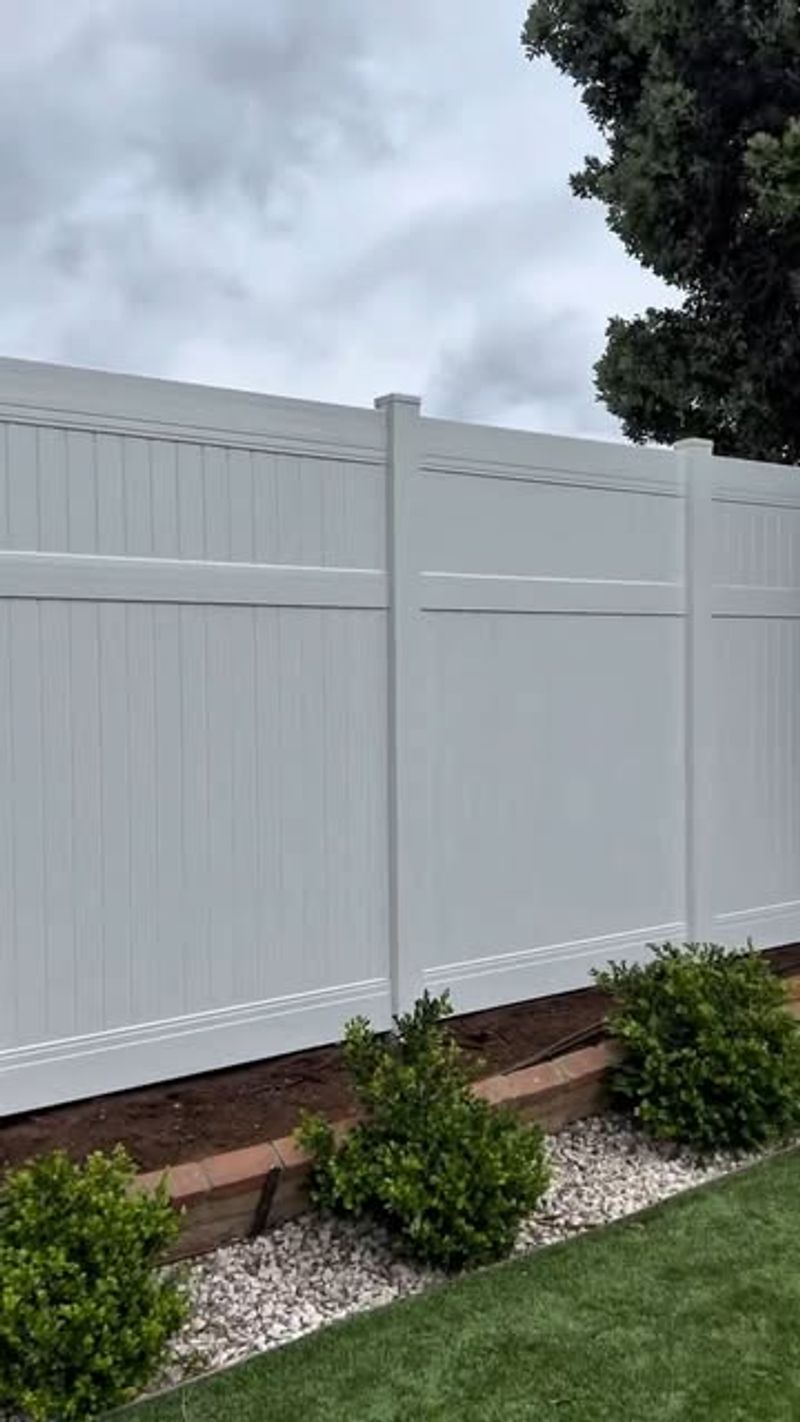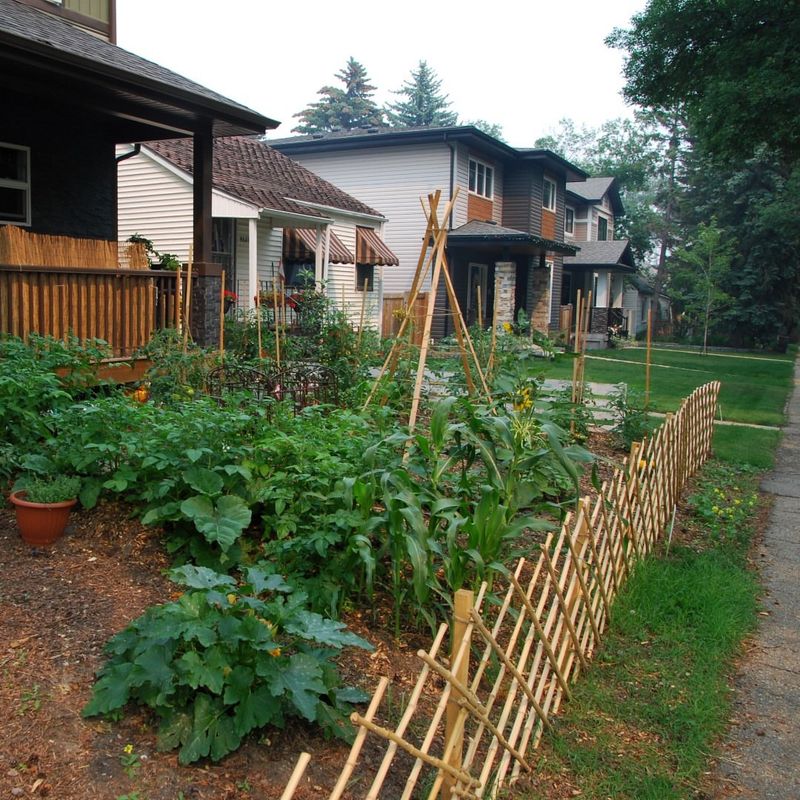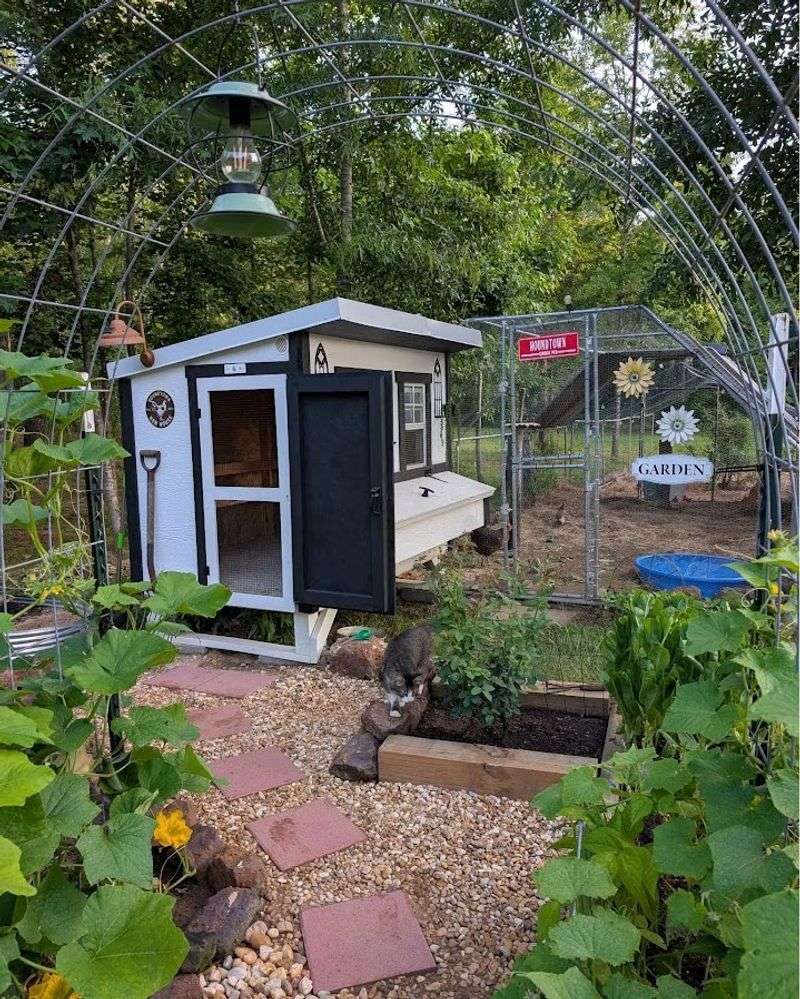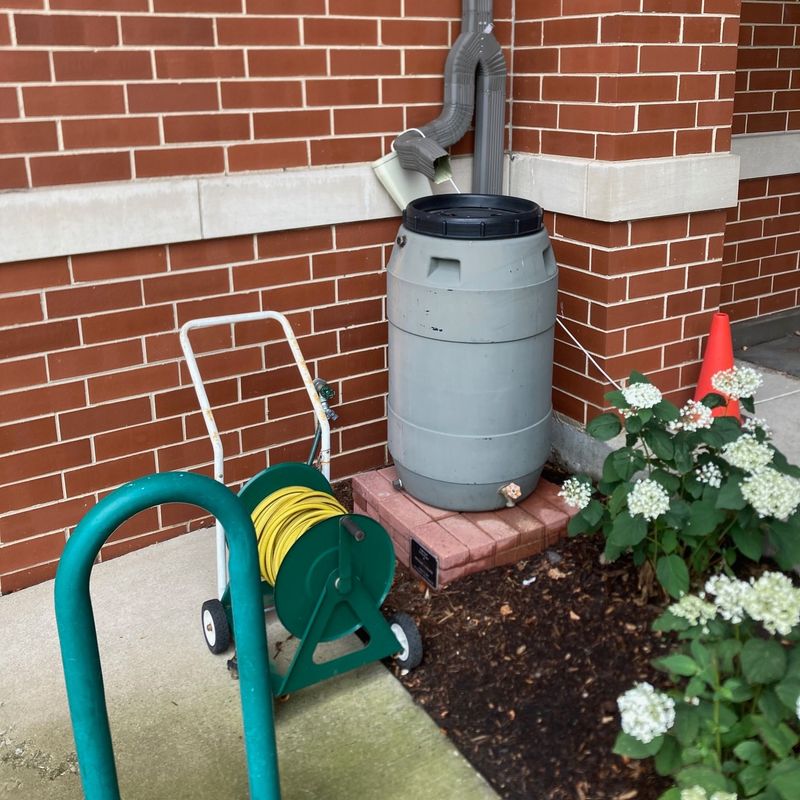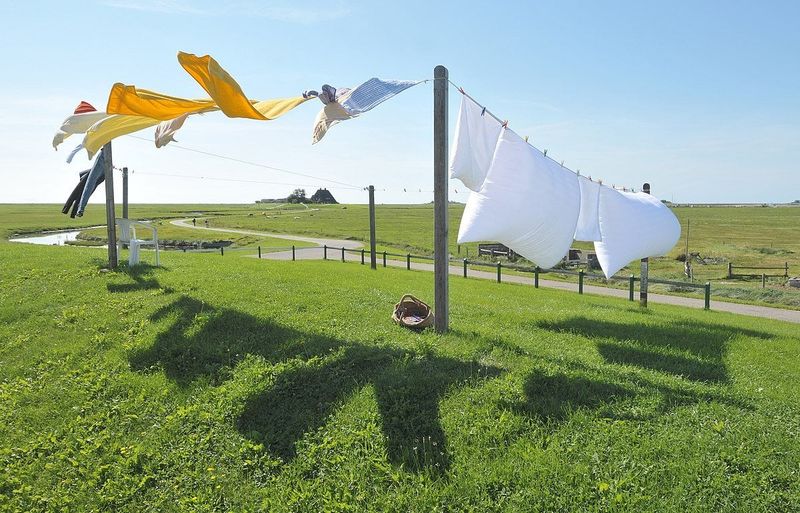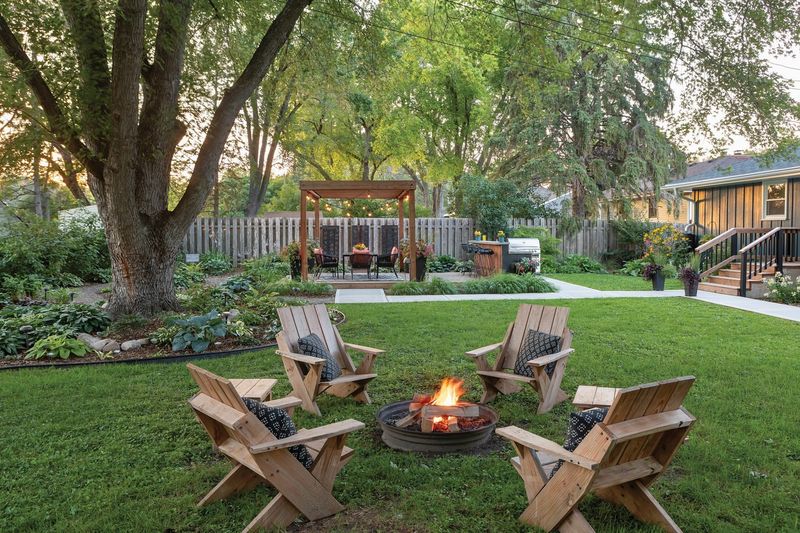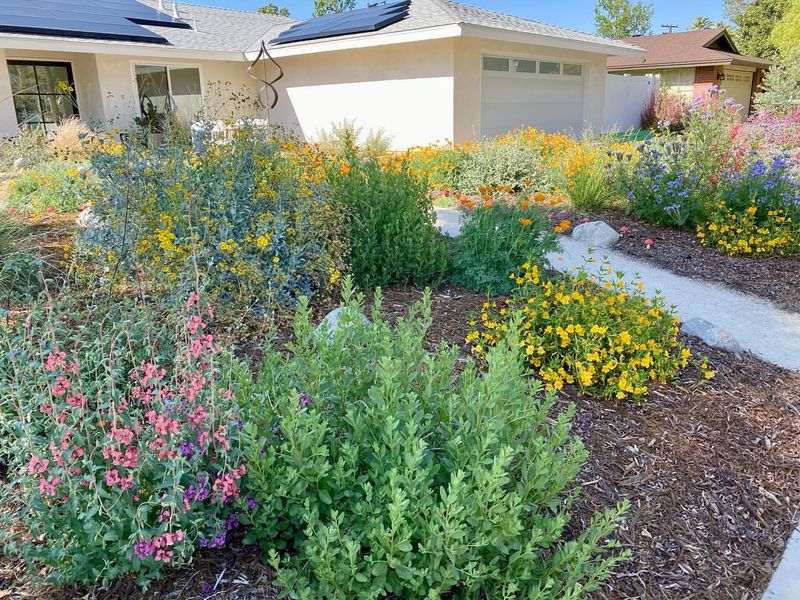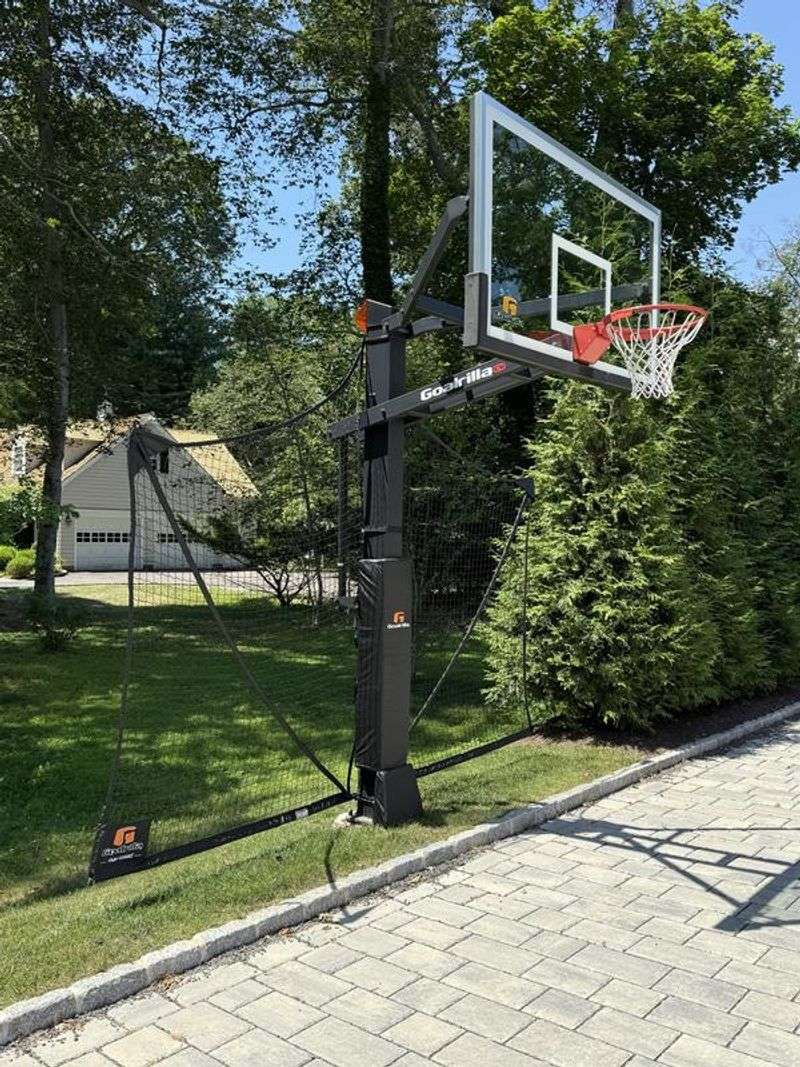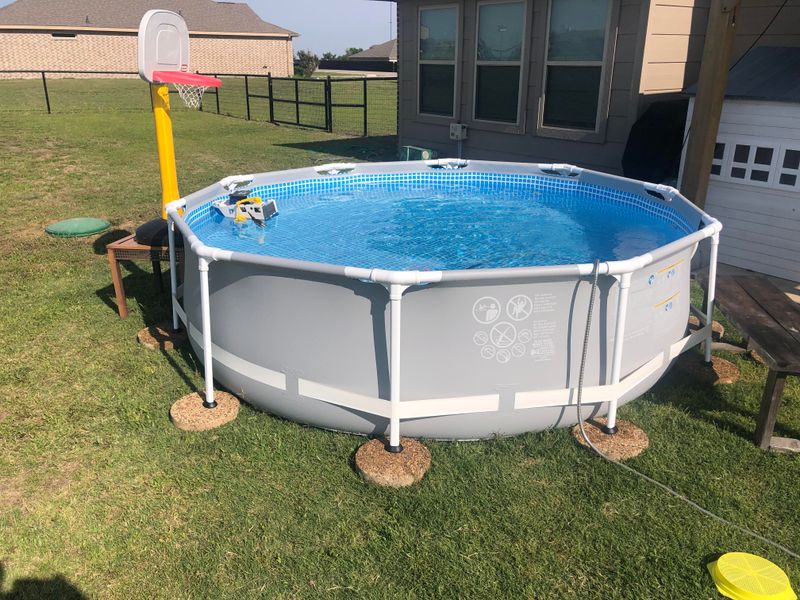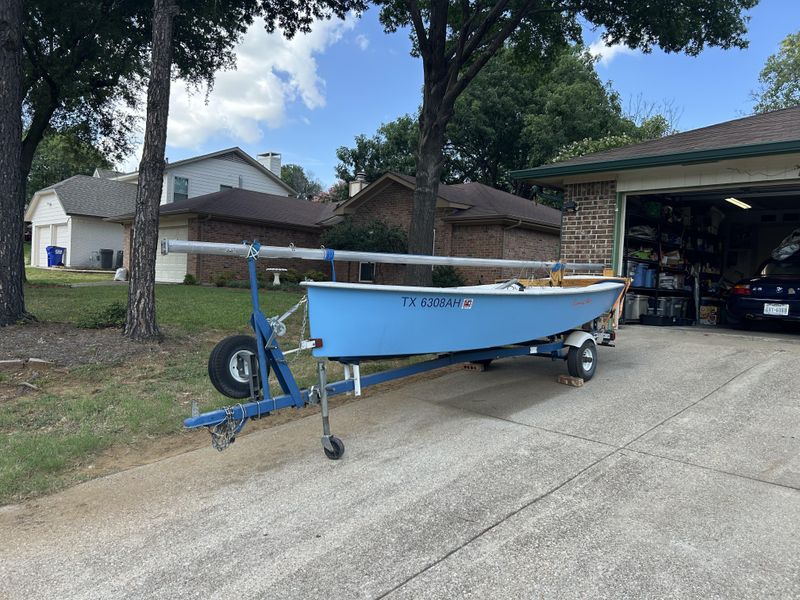Illinois homeowners might be surprised to learn that many common yard features face increasing scrutiny from local authorities and HOAs. As communities update ordinances and regulations, what was once perfectly acceptable could suddenly violate new rules.
Understanding these potential restrictions can help you avoid costly fines or forced removals from your property.
1. Towering Privacy Fences
Many Illinois homeowners install tall fences for privacy without realizing height restrictions exist in most communities. Local ordinances typically cap fence heights at 6 feet in backyards and 4 feet in front yards.
Violations can result in mandatory removal or expensive modifications. Before building, always check with your municipality about specific requirements and whether permits are needed. Some neighborhoods have even stricter rules based on materials and design aesthetics.
2. Vegetable Gardens In Front Yards
Growing tomatoes and cucumbers in your front yard might seem harmless, but many Illinois HOAs and municipalities are cracking down on front-facing vegetable gardens. The reasoning often involves “neighborhood aesthetics” and property value concerns.
Front yard gardens are increasingly regulated through zoning codes that dictate what can be planted where. Gardeners caught violating these rules may face fines or be forced to remove their beloved plants. Consider container gardening as an alternative if restrictions apply.
3. Backyard Chicken Coops
Raising backyard chickens has surged in popularity, but many Illinois municipalities are implementing stricter regulations or outright bans. Concerns about noise, odor, and potential disease spread drive these restrictions.
Rules vary dramatically between communities – some allow a limited number of hens (usually 4-6) while prohibiting roosters. Others ban poultry entirely. Permits, minimum lot sizes, and specific coop placement requirements are increasingly common even where chickens are permitted.
4. Rain Barrels And Collection Systems
Rain collection systems help conserve water and reduce utility bills, yet face increasing restrictions in certain Illinois communities. HOAs often object to their appearance, claiming they detract from neighborhood aesthetics.
Size limitations, screening requirements, and placement restrictions are becoming common. Some areas require permits or professional installation. Despite their environmental benefits, homeowners may need to navigate complex rules before installing these water-saving devices or risk having to remove them after complaints.
5. Clotheslines For Drying Laundry
Hanging laundry outdoors saves energy but faces bans in many Illinois neighborhoods. Despite the environmental benefits, HOAs frequently prohibit clotheslines, considering them unsightly or indicators of lower property values.
Some communities allow retractable or removable options that can be stored when not in use. Illinois has considered but not passed a “right to dry” law that would override these restrictions. For now, check your neighborhood covenants carefully before installing any outdoor drying system.
6. Fire Pits And Outdoor Fireplaces
Gathering around a backyard fire pit faces increasing regulation across Illinois communities. Fire safety concerns, smoke complaints from neighbors, and air quality issues drive these restrictions.
Many municipalities now require permits, specify minimum distances from structures, and limit operating hours. Some ban wood-burning features entirely, allowing only natural gas or propane alternatives. Portable fire pits often face different rules than permanent installations, so understanding local ordinances is crucial before making a purchase.
7. Native Plant Landscaping
Native prairie plants benefit local ecosystems but increasingly violate strict yard maintenance codes in Illinois communities. Tall grasses and wildflower meadows can be misinterpreted as neglect rather than intentional environmentally-friendly landscaping.
Height restrictions often limit plants to under 10 inches in front yards. Some municipalities require special permits or designated “natural areas” signs. Creating borders or maintaining clear edges around native plantings can help avoid violations while still supporting local wildlife.
8. Basketball Hoops And Sports Equipment
Permanent basketball hoops and sports equipment face growing restrictions in many Illinois neighborhoods. Concerns about street congestion, noise, and aesthetic appearances drive these limitations.
Some communities only allow portable equipment that must be stored out of sight when not in use. Others restrict placement to certain areas of the property or prohibit installation entirely. Height restrictions, setback requirements, and time-of-use limitations are becoming increasingly common in updated HOA regulations.
9. Decorative Lawn Ornaments
Those cheerful garden gnomes and decorative flamingos might violate your neighborhood’s rules. Many Illinois HOAs and municipalities now limit the number, size, and type of ornaments allowed in visible yard areas.
Religious displays, political statements, and seasonal decorations often face time restrictions or placement limitations. Some communities require approval for any decorative element over a certain height. Even birdbaths and fountains may need prior authorization before installation to avoid potential removal orders.
10. Above-Ground Swimming Pools
Above-ground pools provide affordable summer fun but face increasing restrictions throughout Illinois neighborhoods. Safety concerns, liability issues, and aesthetic considerations drive these limitations.
Many communities require fencing, locked gates, and permits before installation. Some HOAs ban them entirely, allowing only in-ground options. Seasonal pools may face different regulations than permanent structures. Size restrictions, setback requirements from property lines, and screening mandates are becoming standard in updated community ordinances.
11. Recreational Vehicles And Boat Storage
Parking your RV or boat in your driveway faces strict limitations in many Illinois communities. Concerns about street visibility, property values, and neighborhood aesthetics drive these restrictions.
Many HOAs prohibit long-term storage of recreational vehicles on properties entirely. Others allow temporary parking for loading/unloading (typically 24-48 hours). Some municipalities require screening, side-yard placement, or specific setbacks from property lines. Height and length restrictions are also common in updated community regulations.

